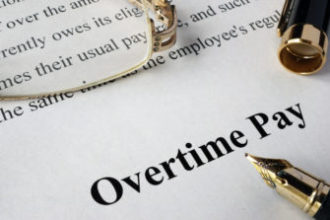A pizza restaurant chain in Manchester, Connecticut was held liable for violating the Fair Labor Standards Act (FLSA). An investigation…
A Brooklyn federal judge has ruled that baklava chefs’ jobs were not “creative” to meet the Fair Labor Standards Act’s…
Barkan Meizlish would like to honor and thank all military veterans for their service. Our firm is proud to represent…

Call center service provider Great Virtual Works is facing a collective action complaint for violations of the FLSA (Fair Labor…
The Fair Labor Standards Act (“FLSA”) was designed to protect workers from employers who may otherwise take advantage of their…



